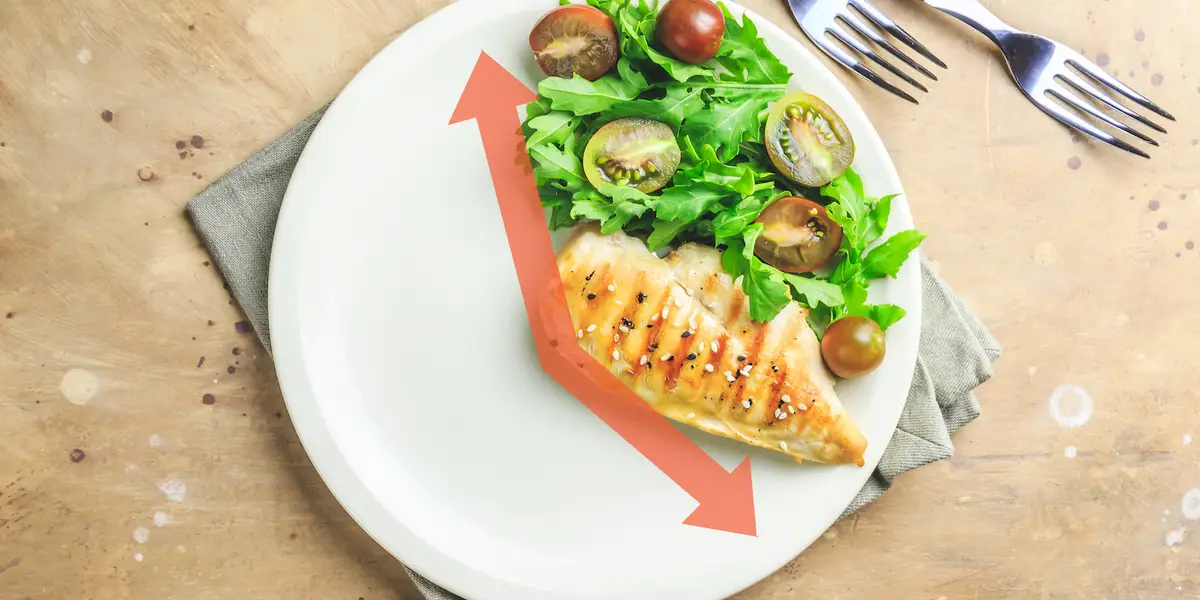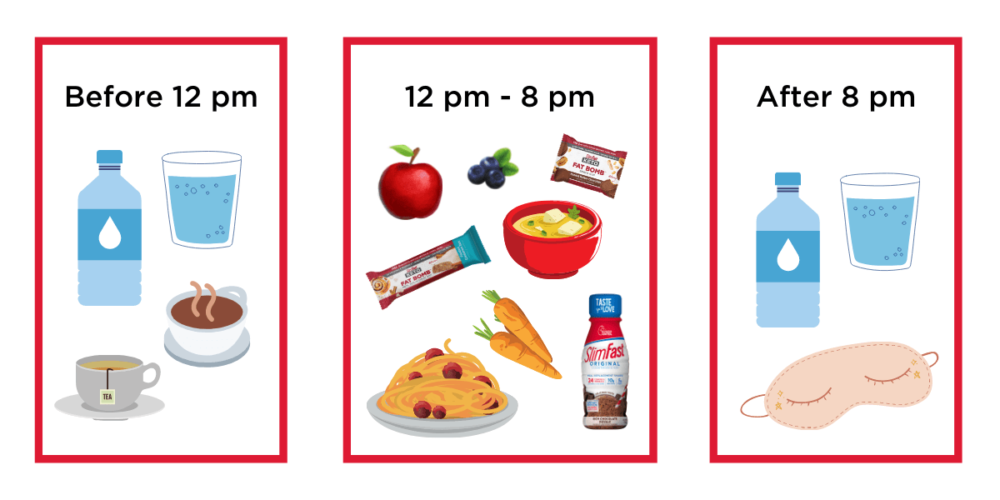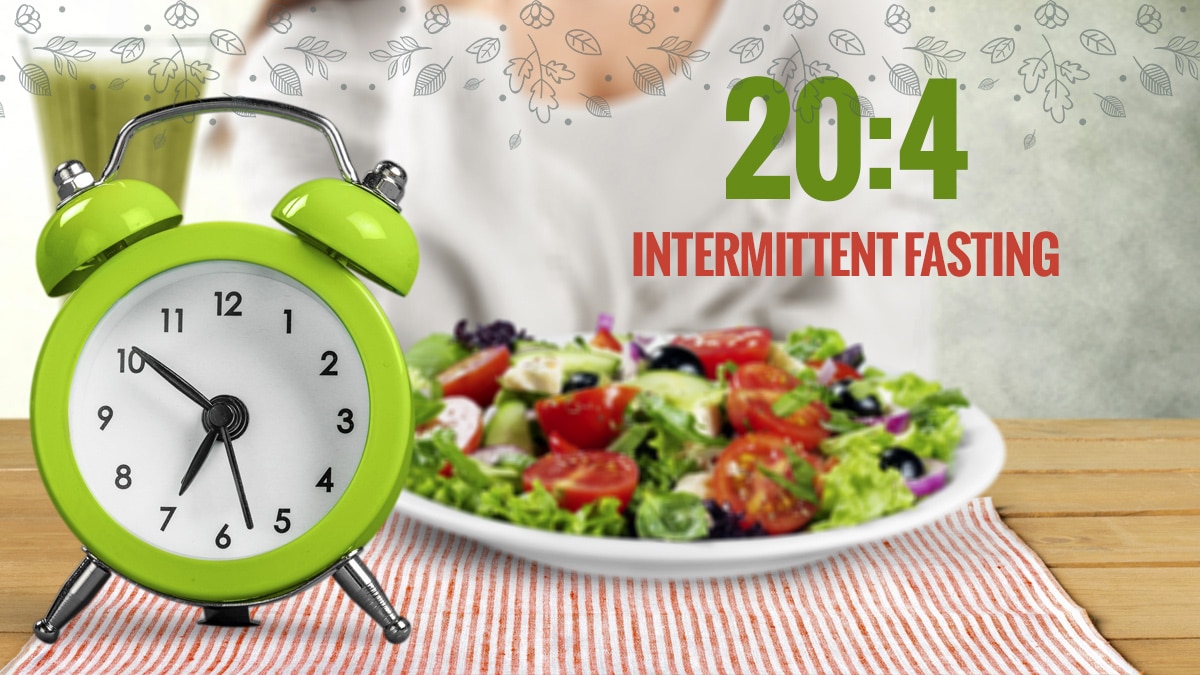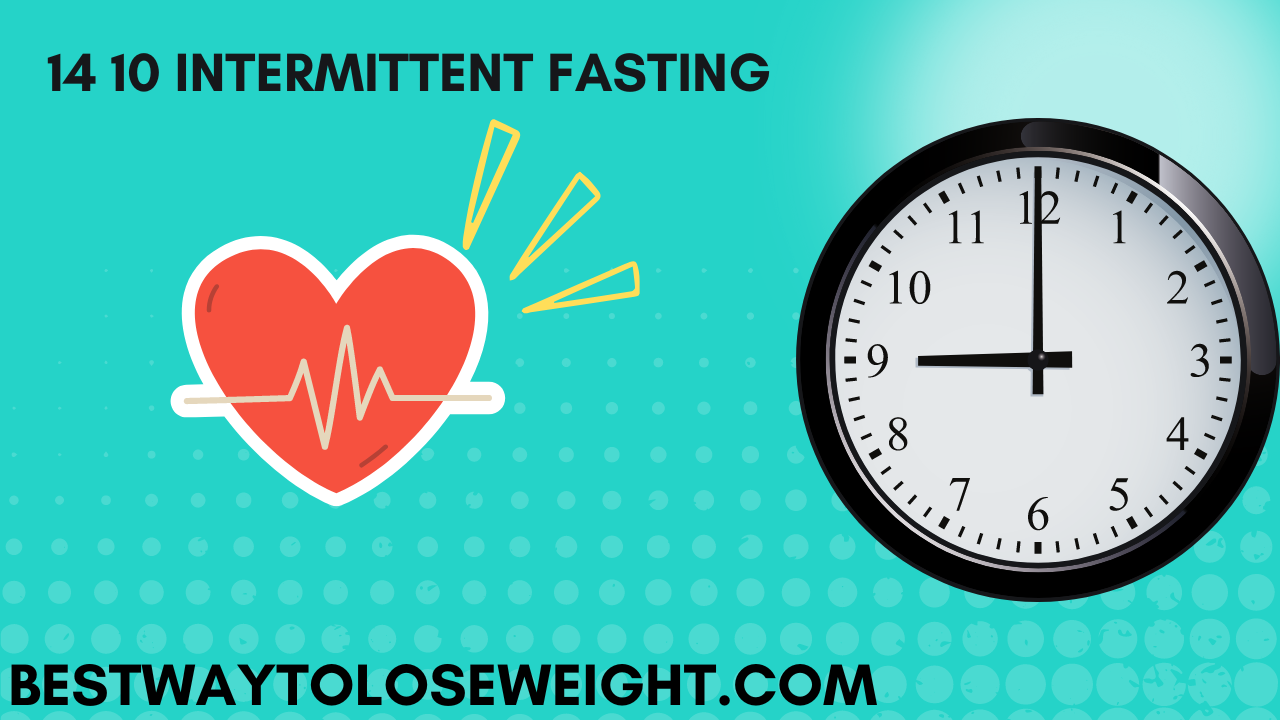
Guide to Managing Hunger During Intermittent Fasting
Hunger while Intermittent Fasting
You've read the studies, listened to the testimonials, and seen firsthand how intermittent fasting has helped people dramatically improve their health. You have concluded. A straightforward method to enhance one's health, well-being, and longevity is to practice intermittent fasting. But hold on, there is one little problem here which is how to control hunger during intermittent fasting?
Intermittent Fasting
Fasting on an intermittent schedule involves periods of hunger, but probably not in the way you imagine it to be. If you've ever had the sensation of hunger pangs or "hanger" (when you feel hungry and angry simultaneously), you might think that this feeling is ten times worse when you're fasting. This is not the situation at all. Most people are unaware that hunger is only temporary and will only last about 20 minutes because they don't let hunger linger long enough, if at all, in their lives.
Because their appetites keep them from reaching a proper state of hunger, some people never experience what it's like to be hungry. The desire to eat, or need, can be prompted by various factors, hormones, the senses (sights, smells, and sounds), or even emotions such as boredom and stress. On the other hand, real hunger is characterized by a physiological need to consume food, frequently accompanied by rumblings and discomfort in the stomach. This is a crucial distinction, as you can exert more control over the situation and your hunger if you can determine the cause of your sensation of hunger.
weight loss
Feeling hungry is nothing to be ashamed of, and you should not be afraid of it. There is a possibility that you will experience some discomfort for a short time, but nothing negative will occur. Pavlov's experiments showed that hunger is a conditioned response to a stimulus, and like any other conditioned response, hunger has the potential to be reconditioned. Have you ever considered the possibility that certain sensations, such as hunger, co-occur every day?
This occurs because levels of the hormone ghrelin, responsible for inducing feelings of hunger, rise in preparation for a typical meal. Over time, the body has learned to cause feelings of hunger during the times that it would normally eat. Clever, eh?!
The beginning stages of a fast are unquestionably the most difficult because your "learned appetite" will encourage you to eat, and it will take some time to become accustomed to the sensation of genuine hunger. You can, however, ride the wave of enthusiasm in comfort using one of the many available strategies. In this piece, I will go over seven strategies that can assist you in overcoming hunger so that you can get to where you want to be with your fasting.
1. Obey The Low-Carb, High-Fat Diet
low carb
It is equally as important what you eat as it is when you eat it. Keep in mind that practicing intermittent fasting does not permit you to eat food of lower quality. Instead, please use it to optimize your diet and your health in some way.
Between fasts, it is strongly advised that you consume meals of high quality but low in carbohydrates, high in fat, and moderate in protein. This will prevent fluctuations in blood sugar, increase feelings of fullness, and make the process of fasting run more smoothly.
As a result of the decreased likelihood of feeling hungry while following a low-carb diet, many people find that they naturally progress into intermittent fasting.
If you are intermittent fasting for whatever reason, eating a diet high in fat and low in carbohydrates will improve your results and help you achieve your health goals more quickly.
2. Get Used to Consuming Fewer Carbohydrates and Fat to Start
start diet
In continuation of what was stated earlier, a low-carb diet is an excellent way to start intermittent fasting because it lays the groundwork for success. As soon as you become fat adapted, which means that your body can use fat for fuel instead of glucose effectively, you will notice a significant decrease in your appetite. You will find that fasting feels natural and uncomplicated.
First, users should give themselves at least two weeks to change their diet, and then they should consider incorporating fasting into their routine.
3. Make it a Priority to De-Stress, Get a Whole Night's Sleep, and Stay Away From Alcoholic
Get a Whole Night's Sleep
As a result of their disruptive effects on hormones and blood sugar control, lack of sleep, stress, and alcohol all significantly impact appetite.
You can avoid the hunger pangs caused by sugar and hormones by getting a better quality of sleep, learning techniques to reduce stress, and reducing the amount of alcohol you drink.
To improve your sleep quality, make sure your bedroom is excellent and well ventilated; set a regular bedtime that isn't too late; block out noise and light; avoid screens and blue light an hour before bedtime; wind down with a book; and these are just some of the things you can do. Make sure you regularly include physical activity as part of your daily routine.
A restful night's sleep will almost certainly have a beneficial knock-on effect on the amount of stress you feel the next day. Yoga, meditation, physical activity, writing in a journal, talking to a counselor, and other stress-relieving activities can all help you feel more at ease and boost your serotonin levels, which is the “happy hormone.”
If you want to avoid erratic hormone levels and blood sugars, you should limit your alcohol consumption as much as possible, especially the day before you start a fast. If you do want to drink alcohol, it is understandable that you should select low-carb options and drink in moderation. A detailed discussion of this topic will be included in our guide to alcohol, published soon.
4. Stay Well-Hydrated
Stay Well-Hydrated
Because hunger and thirst are often confused, drinking a lot of water is essential to stay properly hydrated. When you first wake up, it's necessary to get a head start on hydrating your body, so drinking one to two glasses of water is a good idea. Aim to drink approximately two to three liters of water daily; however, since excessive moisture can cause essential electrolytes to be flushed out of the body, moderation is key.
Additionally, drinking water can give a physical filling of fullness, which can help with actual hunger pangs. This is an advantage of drinking water. Water is your best defense against hunger during a fast, and do not underestimate its power.
If you find it challenging to drink water, particularly in the morning, try adjusting the temperature; this will make it more palatable, depending on your preference for warm or chilled water. If you find it challenging to drink water, especially in the morning, try adjusting the temperature. If the first solution is unsuccessful, you could also try sparkling water infused with mint and lemon.
5. Replace Electrolytes and Eat Salt
eat sald for hunger during intermittend fasting
During intermittent fasting, it is common and normal to experience a loss of electrolytes. Because of this, even if you try to drink several gallons of water, you may still have dry mouth and thirst problems. These symptoms can be bothersome and cause you to experience feelings of hunger (as described above, thirst can often be confused with enthusiasm).
Because electrolytes are essential to one's health and well-being, we strongly encourage you to maintain optimal levels of these substances before any symptoms appear. You should liberally season food with salt during your eating window and consider drinking bone broth to replenish lost electrolytes. In addition, taking magnesium and potassium in supplement form may be of assistance (you can take these while you fast). This is our guide on electrolytes, which will cover it in greater detail and can be found here.
In addition, a little bit of salt in your food is an excellent way to wash the taste buds and stave off hunger. You only need a little bit at a time, just a few dabs on your tongue, and then you must let it work its magic. In no time at all, your hunger will disappear, along with that awful coating that was previously in your mouth.
6. Get Yourself A Cup of Coffee or Tea
Get Yourself A Cup of Coffee or Tea
Coffee or drink tea, black tea that has been freshly brewed can help fill the void left by the absence of food. In the same way that drinking water will make you feel full, drinking a hot beverage will do the same thing while also occupying the "hand-to-mouth" action, which will trick your brain into thinking that you have eaten.
Consider bulletproof drinking coffee, which is coffee that has added fats such as butter, coconut oil, MCT oil, and ghee. This coffee is recommended for people who struggle with hunger while intermittent fasting. The fat will keep you full while also ensuring that ketosis and autophagy are maintained, two key processes that are the foundation of fasting and its benefits. Consuming even a single calorie during a fast is considered a violation of the fast by purists. However, if adding fat to your coffee helps you maintain your quickness or makes it easier for you to do so, then I would say it is worthwhile.
7. Get Your Mind Off of It
Distract yourself
When you would normally eat or if feelings of hunger arise, plan to engage in physical activity, activities, or socialize with friends. As mentioned earlier, ghrelin levels will rise around meal times; therefore, you should prepare for this and make sure you have something pleasant to do around the times that meals are scheduled. Because you will be so focused on having a good time, the ghrelin-induced hunger will pass without your noticing it because you will be too busy having fun. Do not, under any circumstances, under any circumstances, allow yourself to become bored because, as we all know, this is a simple pass for hunger to creep in!
Be ready for hunger, but try not to let your fear of it control you. I assure you that the feeling of hunger will not be nearly as bad as you anticipate it to be. You will be able to quickly overcome feelings of hunger and reach your fasting goal if you keep these tips and tricks in mind while you are doing your fasting.
Remember that fasting disrupts our conditioned appetite; therefore, the more often you fast, the easier it will become for you. When you learn to respond to the rhythm of genuine hunger rather than your appetite, you will find that fasting becomes a spontaneous and natural part of your day before you know it.
woman used intermittent fasting
Having said all of that, if you find that the sensation to control hunger during intermittent fasting is too overwhelming, you might need to adjust how you are fasting. You should find that fasting is easy to do, doesn't disrupt your life, and is comfortable. You can find more information on this topic in the post that I published the week before, in which I discuss the most effective way to incorporate a fast into your daily routine.











